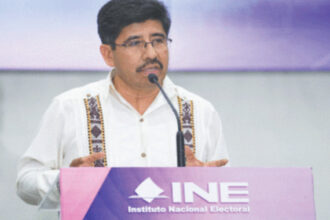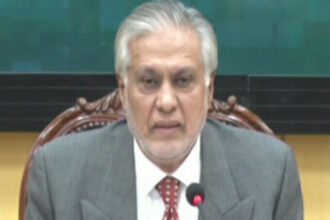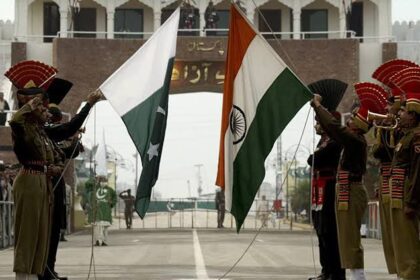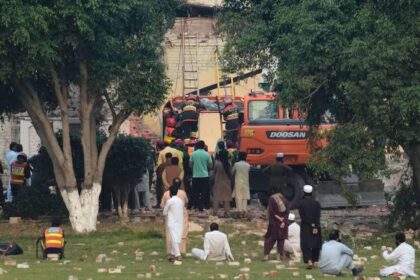Amnesty International said that the Christian community in Jaranwala tehsil of Faisalabad district was still waiting for justice despite a lapse of a year since their churches and neighborhoods were attacked by mobs and arsonists.
The attacks were fueled by allegations of blasphemy against two Christians, which left the community in fear and without adequate compensation. The rights body said in its report that more than 90 percent of the suspects involved in the attack were still at large, and that the community was constantly facing threats and marginalization.
The group lamented that despite 380 arrests, the trials of those linked to the attacks were yet to begin. It said that approximately 40 percent of the Christian families affected by the unrest were still waiting to receive the promised compensation. Data from the Supreme Court revealed that only 85 out of 146 affected families have received compensation so far.
According to details, the mob vandalized more than 20 churches and destroyed over 80 homes. The group said that only a fraction of those involved had been held accountable, while many succeeded in securing bails or having charges against them dropped.
Amnesty International’s deputy regional director for South Asia Babu Ram Pant expressed concern over the inaction. “The inadequate response has allowed a climate of impunity for the perpetrators,” he said, adding that the affected community members were being forced to reconcile with the fact that their aggressors were still living among them without repercussions.
It said the Christians were still struggling to rebuild their lives and homes. It said the entire Christian community in Jaranwala was living with fear and uncertainty, as many of them lost their jobs because of tensions. It claimed that many of the affected families still faced threats by those who were detained but later resealed over the last year.
Narrating the story of a Christian woman from Jaranwala, the Amnesty said their house was destroyed and her husband could not find any work since last year “because no one hires him due to the stigma”. It quoted the woman as saying that many of the victims had received Rs2 million in compensation, but her family was among the remaining 61 who were not fortunate enough to receive that sum, or any help for that matter.
The Amnesty explained that the violence not only tore up the victims’ lives but also forced them to relocate to other cities for safety reasons. It said the legal response to the Jaranwala incident had highlighted “double standards” in the justice system.
It pointed out that trials against those accused of participating in the mob violence had not begun, but a 27-year-old Christian man was sentenced to death last month by an anti-terrorism court for allegedly causing the riots through a blasphemous video on TikTok.
Samuel Payara, the lead petitioner for the Christian community, said the police had accused thousands of mob violence, but only around 400 were arrested. Of those, most were later released, he said, adding that the person who incited the mob was also granted bail. He also claimed that some groups were harassing the victims to ensure they did not pursue the case.
The report explained that the Punjab Loudspeakers Act 2015 prohibited the use of loudspeakers for inciting violence or sectarian speech. The Amnesty’s findings also showed that 4,833 of the 5,213 accused remained at large, which it said was very concerning.
Bishop Azad Marshall, president and moderator of the Church of Pakistan, called the state’s failure to deliver justice ‘judicial apartheid’. He said that compensations had been announced, but wondered how the authorities would make the victims feel safe and comfortable again.
Babu Ram Pant urged the authorities to launch a thorough and impartial probe into all incidents of mob violence against minorities. He also demanded fair and transparent trials, but without resorting to capital punishment.












